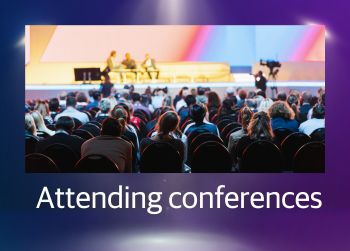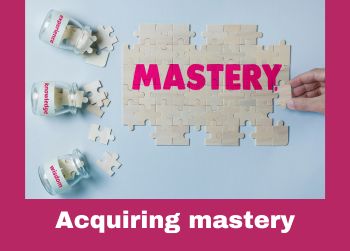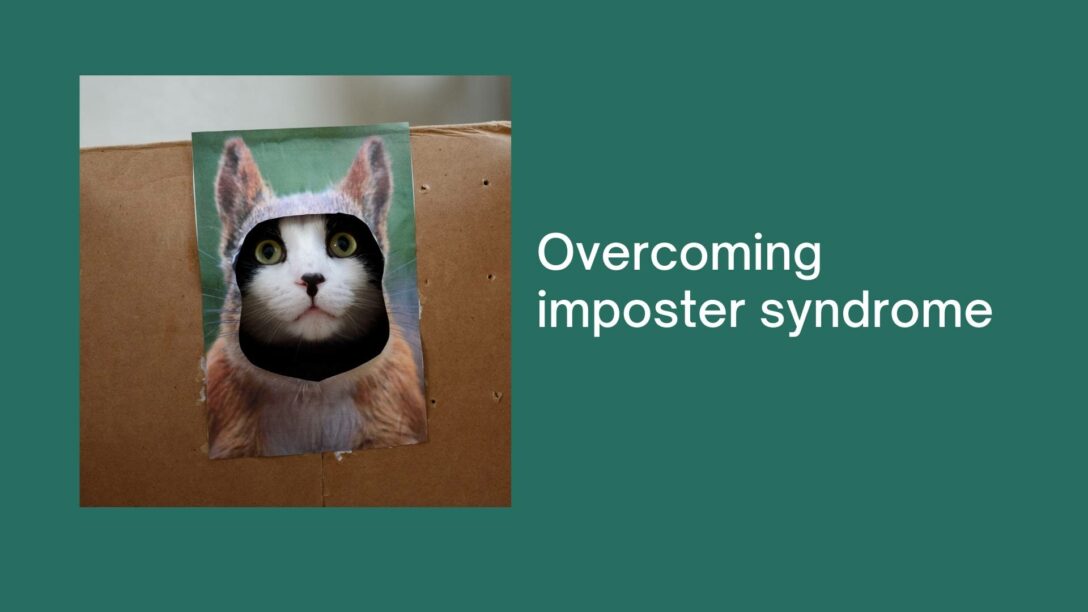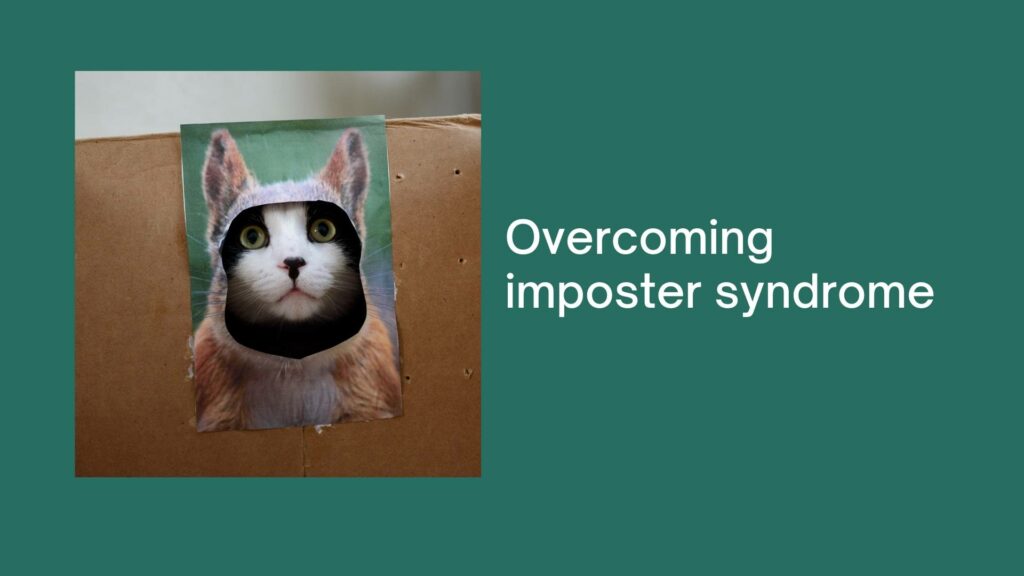I recently attended the national conference for LIANZA, the professional body for Library and Information staff.
It was held in Te Pae, the award winning new conference facilities in Ōtautahi/Christchurch. It was my first time attending ‘in person’ for five years so it was fantastic to catch up with old friends, former colleagues and spend a few days bouncing around ideas and enjoying the energy of 500+ of my colleagues from around the motu as we were immersed in the professional culture of our ‘tribe’.

I also did a brief presentation at this conference, and talking to a room of peers giving immediate feedback made it a vastly different experience from the online presentation I gave two years ago.
All this set me thinking, now that we have returned to in person conferences, but given increasing costs of attendance, how, as a conference delegate, can we get the most out of the time and money invested.
Conference attendance inevitably involves a significant financial outlay. Some may be fortunate to have employers who will support or contribute to the costs. Others may need to apply for funding via a grant, in order to attend (often available through the organising professional body). There may be a degree of compromise involved: for instance an employer may be willing to pay registration costs for attendance, while the employee accepts the cost of accommodation/travel.
However it is funded, conference attendance is an investment in professional development and helps employees maintain professional relevance and currency. An employer should expect some return on investment so how can you get the most out of a conference?
Two of the main points of conference attendance are professional development and networking. Attending a conference is not only an opportunity to learn from others and be inspired by keynotes, but to also share your own experiences. This can take the form of a formal presentation or through serendipitous connections with other attendees.
Whether you are a first time attendee, an experienced presenter or somewhere in between here’s some resources compiled to help you get the most out of a professional conference.
Planning
A conference for a professional body will probably involve a professional event planner. However smaller organisations may not have the budget for this and therefore will rely on members to assist with some or all the the planning. One way to share your skills or acquire new ones is to get involved in the planning of the event.
Planning and managing a corporate event / Lindsey, Karen
“Includes the Ultimate Tick List, A-Z Survival Guide, 50 Top Tips and Useful Contacts. This book provides comprehensive and expert guidance on planning and managing a Warner Music Entertainment corporate event. It is written as a support text for students studying event management and to provide a practical guide for aspiring event organisers.” (Catalogue)
The event manager’s bible : how to plan and deliver an event / Conway, Des
“The complete guide to planning and organizing a voluntary or public event, this resource is filled with sage advice on everything from the objective of the event to publicizing it.” (Catalogue)
Event Planning Foundations (LinkedIn)
50m
Beginner
Released: 2/17/2018
Do you excel at bringing people together? Turn your passion for event planning into a career. Event planners are employed in every industry. They bring teams together to achieve goals, celebrate milestones, bond outside the office, and work more productively. This course will give you tips, tricks, and techniques to make your next event a success—whether it’s your first or fifty-first. Valerie Berry covers topics such as understanding your client’s objectives, selecting a venue, getting the right technology in place, negotiating a budget, and building menus. Plus, learn how to manage the thousands of details that occur in the two weeks leading to an event, and follow up afterwards to make sure your clients and your vendors are satisfied. (Library registration required to access)
Preparing a presentation
Yes, presenting to a room full of peers is scary but it is one way of sharing your knowledge and experience with your community.
A professional conference will have a theme and will call for abstracts to be submitted for consideration months prior to the event.
Think about what you can present on, how to tie it to the theme of the conference and then prepare your abstract. Your paper will be selected on the strength of your abstract and the writing of an abstract (a succinct summary of your paper) is a skill. Guidelines may well be given by the organisations but a few tips are given in these two items :
Important Tips for Writing an Effective Conference Abstract
How to Write an Abstract for a Conference
Congratulations! Your paper has been accepted on the basis of your abstract. Now to write the paper. Depending on the type of paper you have selected to present you will have a time limit.
You’ll find some basic tips and tricks here :
Conference Paper Format and Style Guidelines
How to Write an Engaging Conference Paper and along with your paper you also need to consider the slides used to illustrate your points and help with audience engagement.
Then the moment comes to stand up, take a deep breath annnnnnndddddd ….. Present!
Presenting
The short road to great presentations : how to reach any audience through focussed preparation, inspired delivery, and smart use of technology / Reimold, Cheryl
“A practical, readable guide to delivering superior presentations Speakers bear the responsibility for communicating effectively with their audience: presenting a clear message, supporting it with well-structured explanations and examples, and delivering it with ease, grace, and good visuals.” (Catalogue)
The snowball effect : communication techniques to make you unstoppable / Bounds, Andy
“Imagine what would happen if your communication suddenly became twice as effective as it is now – in business and in life. You’d get more done, persuade others more easily, get things right first time and have better relationships. You’d be unstoppable.” (Catalogue)
Presentation skills for quivering wrecks / Etherington, Bob
“Based on a successful course delivered by the author to thousands of businesspeople, this book demonstrates how it is possible to overcome the fear of speaking in public, enabling anyone to stand up deliver a memorable presentation.” (Catalogue)
While all that can be done will be done to ensure a smooth presentation there are days when technology at least refuses to cooperate. If things don’t go as planned, it pays to have given some thought in advance to how you may handle the situation if something goes wrong. What to Do When Presentations Go Wrong offers tips for presenters to handle hiccups with ease.
Presentation over, and you can now relax and enjoy networking. Don’t overlook the power of making connections with colleagues and exhibitors.
Networking
The rules of networking / Yeung, Rob
“It’s not what you know, it’s who you know. Networking has become one of the key skills for virtually anyone who wants to get on in their jobs and careers. In fact, in just about any situation, knowing the right person will get you ahead. This book provides the essential rules and secrets to successful networking. It addresses the how, why and who of networking to enable virtually anyone to grasp the key skills and do some serious networking. Far from being a God-given talent, networking is a technique that can be learnt, honed and applied to great effect. Careers consultant Rob Yeung offers savvy and practical advice on networking that will make a genuine difference to your career.” (Catalogue)
Networking for people who hate networking : a field guide for introverts, the overwhelmed, and the underconnected / Zack, Devora
“Would you rather get a root canal than face a group of strangers? Does the phrase “working a room” make you want to retreat to yours? Devora Zack, an avowed introvert and successful consultant … feels your pain. She found that other networking books assume that to succeed, you have to act like an extrovert. … Zack politely examines and then smashes to tiny fragments the “dusty old rules” of standard networking advice. She shows how the very traits that make many people hate networking can be harnessed to forge an approach more effective and user-friendly than traditional techniques. This edition adds new material on applying networking principles in personal situations, handling interview questions, following up-what do you do with all those business cards?-and more. Networking enables you to accomplish the goals that are most important to you. But you can’t adopt a style that goes against who you are-and you don’t have to. As Zack writes, “You do not succeed by denying your natural temperament; you succeed by working with your strengths.” (Adapted from Catalogue) Available in EBook Libby only
10 steps to successful social networking for business / Hartley, Darin E
“Whether you run a solo consulting practice or a worldwide enterprise, you likely use some form of social networking to connect your customer base to the services or products you offer. This book offers you a step-by-step plan to use the advantages of social networking to build brand and customer loyalty and to share organizational knowledge.” (Catalogue)
General resources
How to Rock a Conference (LinkedIn)
Create lasting connections anywhere
1h 9m
Beginner
Released: 2/12/2021
In order to grow your network and advance your skills, you need to attend conferences. In this course, business expert Bianca Lager walks you through how to make the most of attending one. Bianca explains how to stand out with your personal interactions at conferences. She emphasizes the importance of preparation, presence, positivity, and setting achievable goals. Bianca goes over how you can maximize networking opportunities before, during, and after a conference. She shows you how to prepare a plan ahead of time, as well as analyze how to project power through your positivity and appearance. Bianca concludes with useful tips for those running the conference, for first-time conference attendees, and more. (Library registration required to access)
10 Ways to Make the Most Out of a Conference
Attending conferences might be one of the best things you can do for your career. You’ll learn about industry trends, gain some new skills, and make all kinds of new connections. (And yes, there’s usually travel and free meals involved.)
How to Get the Most Out of a Conference
Rebecca Knight, Harvard Business Review online, July 2015
Conferences are an overwhelming rush of presentations, conversations, and potential meet-ups, and it can be tough to know where to focus your time. How do you figure out which sessions to attend? Should you skip the keynote to meet an important contact? How many coffee dates are too many? And what should you do if you’re an introvert who hates small talk?
If you are fortunate enough to be able to attend an international conference, the scale, particularly in the USA, can be overwhelming. This article offers some sensible tips.
26 tips to get the most out of a conference
Use these tips to show up prepared to make the most out of your experience — before, during and after the event.
After the event, remember to share your findings. Report back on your findings and experiences to your team, your manager or your local professional body. You have represented your organisation on their behalf.
If you need more information please contact the Prosearch team at the library. We can help you find information across a range of perspectives and resources. All enquiries are treated in confidence.





